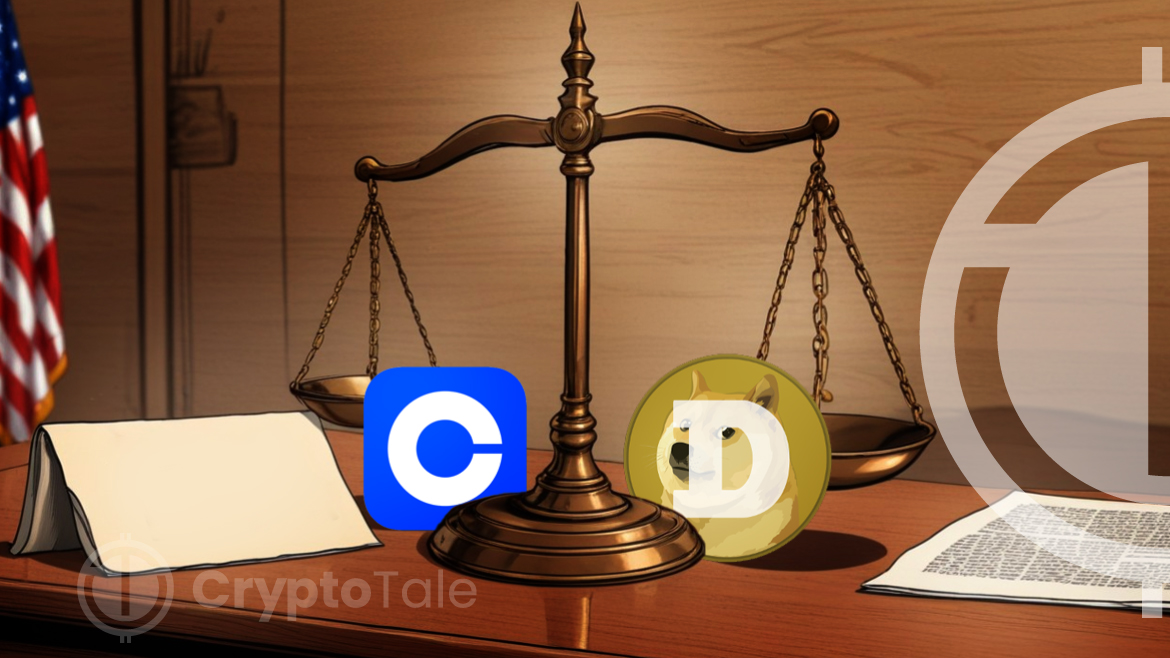- SCOTUS ruled Coinbase’s sweepstakes disputes to be resolved in courts, not arbitration, affirming the Ninth Circuit.
- Case “Coinbase, Inc. v. Suski” resolved the conflict between user agreement’s arbitration and sweepstakes’ court jurisdiction.
- The ruling emphasizes clear contract terms and limits arbitration clauses, impacting crypto industry promotions.
On May 23, 2024, the United States Supreme Court ruled that disputes involving Coinbase’s sweepstakes promotions are to be resolved in courts, overriding the crypto exchange’s preference for arbitration. This judgment affirms the Ninth Circuit Court’s stance that when conflicting contractual agreements exist, the courts must determine which contract governs the resolution process.
The ruling came from the case “Coinbase, Inc. v. Suski et al.”, where Coinbase’s users contested the arbitration clause in the user agreement, favoring court intervention per the sweepstakes’ official rules that explicitly state California courts’ jurisdiction over disputes. This decision clarifies the enforcement of forum selection clauses in contracts, significantly impacting how disputes are handled in promotional events in the crypto industry.
The dispute originated from a promotional event by Coinbase which offered Dogecoin as a reward. Participants entered the sweepstakes under an agreement that specified any disputes would fall under the jurisdiction of California courts, conflicting with the company’s standard user agreement that delegates dispute resolution to an arbitrator.
This legal conflict escalated to the Supreme Court, which needed to determine whether the arbitration delegation in the user agreement or the forum selection in the sweepstakes rules should prevail. The court’s decision to favor the latter highlights the necessity of clear contractual terms and the limits of arbitration clauses.
The ruling is a significant precedent in the cryptocurrency and broader Web3 sectors, emphasizing the importance of contract specificity and user consent in arbitration agreements. It also sheds light on the judicial oversight of how disputes are handled in the increasingly popular domain of digital assets and promotional campaigns.
For users and platforms alike, this decision underscores the need to carefully review and understand the terms of any agreements they enter, particularly in an industry as dynamic and rapidly evolving as cryptocurrency. It also alerts platforms to the potential judicial pushback on arbitration clauses, influencing how they draft future agreements to avoid similar disputes.
This Supreme Court decision resonates with other legal battles in the cryptocurrency space, including the ongoing dispute between Ripple and the SEC over the nature of XRP sales. Recently, Bill Morgan, a seasoned crypto lawyer, highlighted crucial aspects of Ripple’s case. He argued that XRP’s sales to On-Demand Liquidity (ODL) customers should not be viewed as investment contracts.






